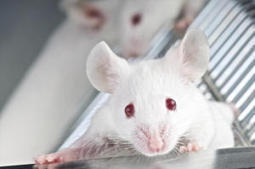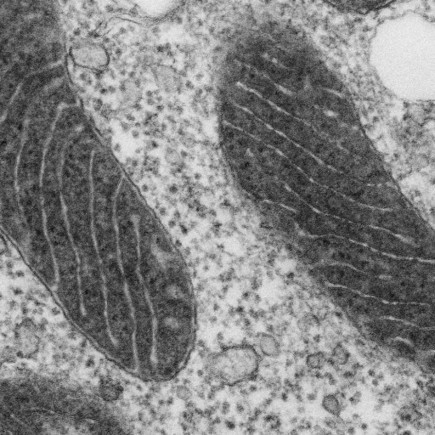Activating an enzyme known to play a role in the anti-aging benefits of calorie restriction delays the loss of brain cells and preserves cognitive function in mice, according to a study published in the May 22 issue of The Journal of Neuroscience.
The findings could one day guide researchers to discover drug alternatives that slow the progress of age-associated impairments in the brain.



 Your new post is loading...
Your new post is loading...
















